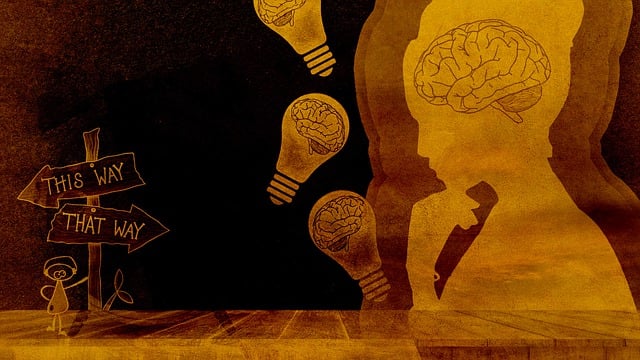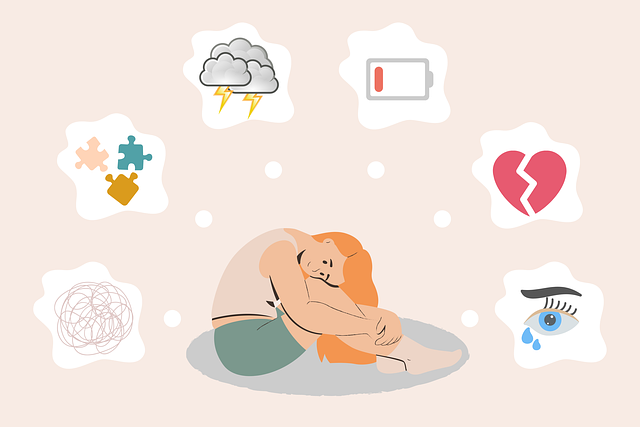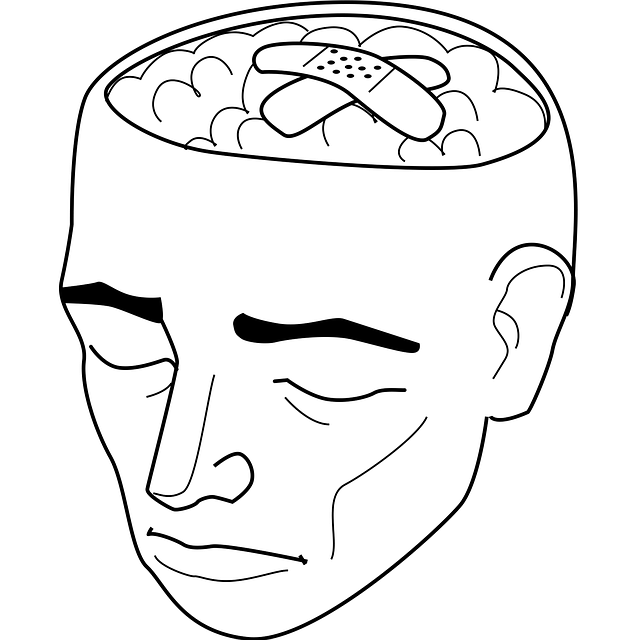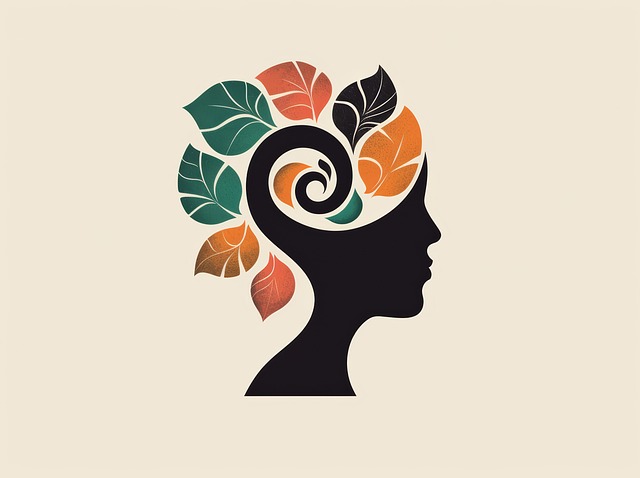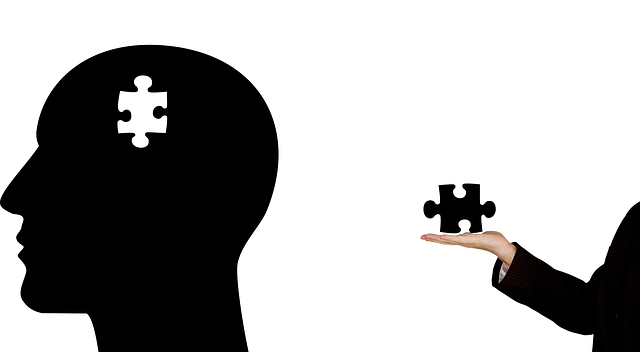For young adults with mental health diagnoses, especially anxiety, depression, and alcohol abuse, understanding their conditions is key. Effective treatments include Cognitive Behavioral Therapy (CBT) and Dialectical Behavior Therapy (DBT), addressing underlying causes and providing tailored counseling, group therapy, and support groups. Integrating mental health policy analysis ensures access to comprehensive care, while mindfulness exercises build resilience and symptom management skills. Empowering through mental health education, these strategies promote long-term recovery and improved well-being for young adults struggling with alcohol abuse.
Mental illness diagnosis and treatment navigation can be a complex and challenging journey, especially for young adults. This comprehensive guide aims to demystify critical aspects of mental health support, focusing on three key areas: understanding mental health diagnoses specific to young adults, navigating alcohol abuse treatment options, and discovering effective therapy and support services. By exploring these sections, individuals and their loved ones can gain valuable insights into enhancing the journey towards recovery.
- Understanding Mental Health Diagnoses for Young Adults
- Navigating Alcohol Abuse Treatment Options
- Finding Effective Therapy and Support Services
Understanding Mental Health Diagnoses for Young Adults

For young adults navigating mental health diagnoses, understanding the complexities of their conditions is a vital first step. Mental wellness in this demographic often presents unique challenges, with issues like anxiety, depression, and even alcohol abuse being prevalent. These disorders can be multifaceted, requiring tailored therapy approaches such as cognitive-behavioral therapy (CBT) or dialectical behavior therapy (DBT), which are particularly effective for young people struggling with emotional regulation and distress tolerance.
Integrating mental health policy analysis and advocacy into the conversation is essential to ensuring that young adults have access to comprehensive care. Encouraging them to maintain a mental wellness journal can be a powerful tool for self-reflection and tracking progress during therapy. Additionally, providing guidance on mindfulness exercises can foster inner strength development, helping individuals manage their symptoms effectively and promoting overall resilience.
Navigating Alcohol Abuse Treatment Options

Navigating alcohol abuse treatment options can be a daunting task for young adults struggling with addiction. The first step is recognizing the need for help and seeking out professional guidance. Many effective therapy approaches are tailored specifically for this demographic, focusing on understanding the underlying causes of substance abuse, such as trauma, stress, or co-occurring mental health disorders.
Therapy for young adults with alcohol abuse often involves a combination of individual counseling, group therapy, and support groups to foster resilience building and mood management skills. Mental health education programs designed for this age group can empower individuals with the knowledge to make informed decisions about their well-being. These comprehensive treatment options aim to not only address the addiction but also provide tools for long-term recovery and improved mental health.
Finding Effective Therapy and Support Services

Navigating the landscape of mental health treatment can be overwhelming, especially for young adults grappling with issues like alcohol abuse. Effective therapy is a cornerstone in overcoming these challenges. Cognitive Behavioral Therapy (CBT), for instance, has proven successful in addressing underlying thought patterns and behaviors contributing to substance abuse disorders. This evidence-based approach equips individuals with valuable tools for managing symptoms and fostering resilience.
Beyond individual therapy, group sessions and support groups offer a sense of community and shared experiences. These platforms facilitate open dialogue, provide coping strategies, and promote understanding through peer-to-peer connection. Additionally, incorporating self-care routines into one’s daily life—such as mindfulness practices, regular exercise, and adequate sleep—can significantly enhance overall well-being and support long-term recovery, especially when coupled with effective conflict resolution techniques and stress reduction methods.
Mental health diagnoses and treatment can be complex, especially for young adults navigating alcohol abuse. By understanding the various therapy options available and accessing support services tailored to their needs, individuals can embark on a path to recovery. Whether it’s exploring effective counseling techniques or discovering specialized treatments, there is hope for a brighter future. For young adults struggling with alcohol abuse, seeking help is a courageous first step towards reclaiming control and fostering overall well-being.



